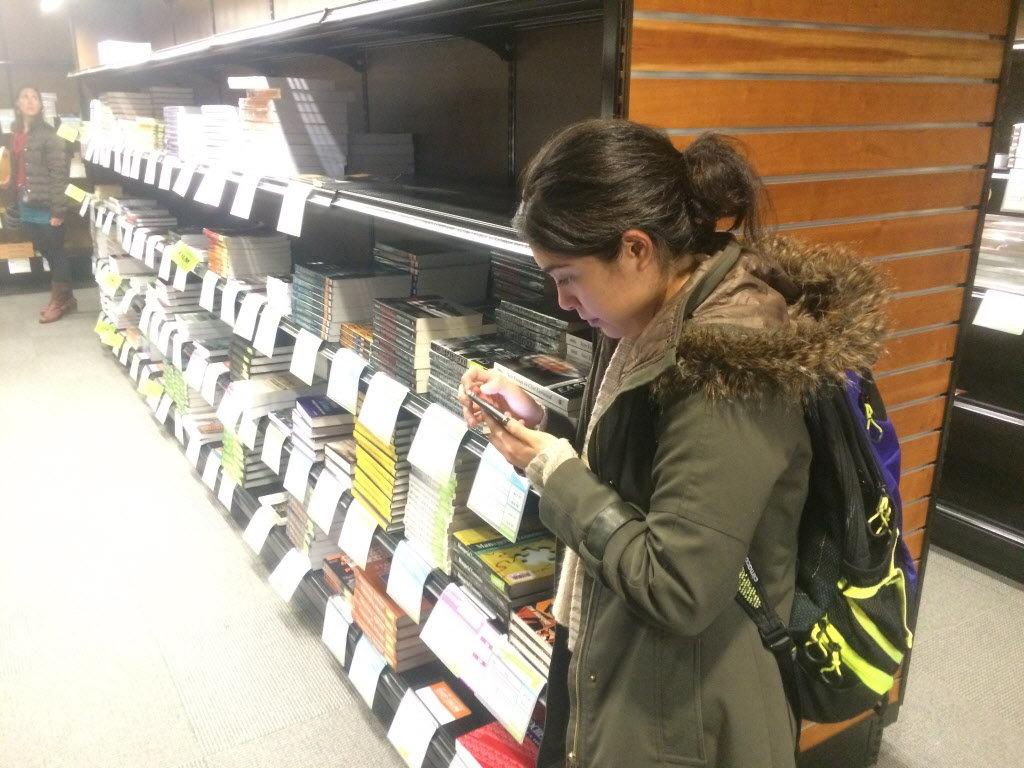With prices ranging from R500 to a staggering R3,000 for a single textbook, the cost of university study materials is no longer just an inconvenience but a financial burden that directly impacts students’ academic success and stability. The rising expenses, coupled with high tuition fees, food, and accommodation costs, have left many students struggling to afford essential learning materials.
During a recent visit to North West University’s Vaal Campus and the Vaal University of Technology (VUT), students shared their frustrations about the unaffordable cost of new textbooks. Many admitted to skipping textbook purchases altogether, instead turning to second-hand copies, borrowing from libraries, or even searching for illegal PDF versions online.
The National Student Financial Aid Scheme (NSFAS), which funded over 760,000 students last year, provides a once-off book allowance of R5,460 per academic year. However, students argue that this amount is insufficient, especially when they must also choose between purchasing textbooks or a much-needed laptop for online learning.
Amohelang Molipa, a second-year civil engineering student funded by NSFAS, revealed that he opted to use his book allowance to buy a laptop instead. He relied on classmates, lecturers, and online sources to access textbooks. “This is common practice among students. I would advise first-years to speak with the SRC and fellow students about textbook concerns,” he said.
Former student leader Vutshila Manganyi, previously the secretary-general of the EFF Student Council Command at VUT, expressed concern over the book allowance issue. He pointed out that students who cannot afford new or second-hand books are forced to rely on campus libraries, which often do not have enough copies during test and exam periods.
Students have taken to social media to share information on acquiring textbooks at reduced prices or through open-source platforms. However, many have noted that these methods do not always guarantee access to the latest editions required by their courses.
NSFAS has acknowledged the ongoing issue of textbook affordability, but concrete solutions remain unclear. Last year, former Minister of Higher Education Blade Nzimande announced a slight increase in the book allowance from R5,200 to R5,460, an adjustment students argue is still insufficient to keep up with rising costs.
Despite the government’s efforts, students continue to call for a more sustainable solution to textbook affordability, as the financial strain on learners remains a significant obstacle to their academic success.
